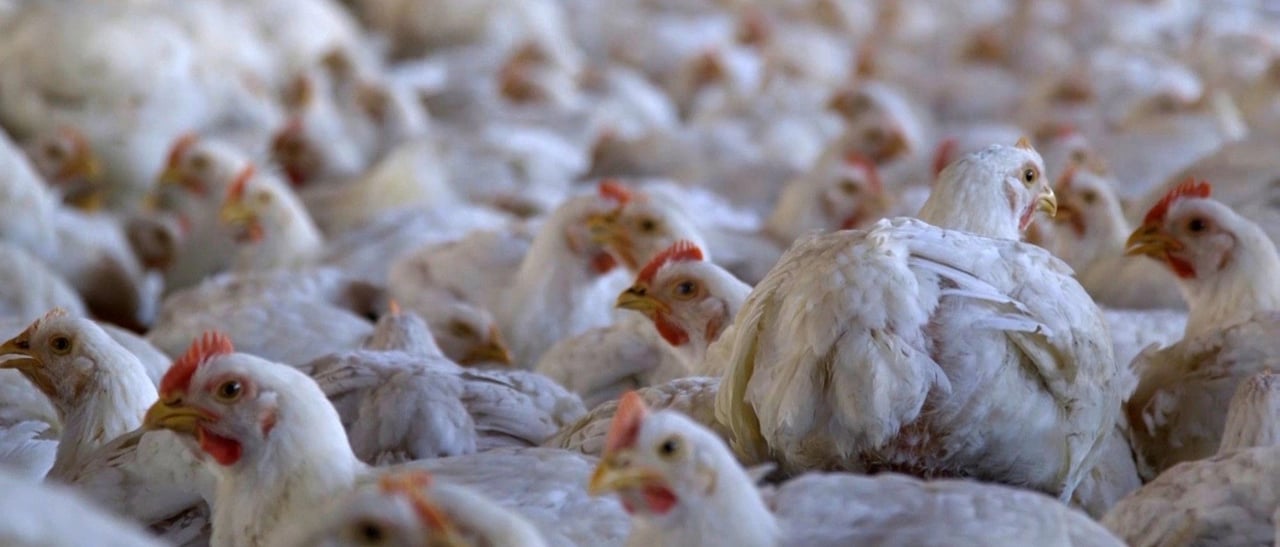A Just Transition is a call to transform the global food system, which is currently dominated by industrial animal agriculture. The current system harms animals, fuels climate change, worsens food insecurity, and threatens public health—particularly through antibiotic overuse and antimicrobial resistance (AMR). This needs to change.
What is a Just Transition? Why act now?
A just transition in food systems means moving beyond the current system of industrial animal production towards an equitable, humane, and sustainable food system. Right now, profit takes precedence over communities, animals, planet and sustainability.
Industrial Animal Agriculture Is Destroying the Planet
Factory farming and industrial fishing contribute significantly to greenhouse gas emissions, deforestation, and water pollution. The expansion of industrial livestock farming from companies such as JBS leads to the destruction of natural habitats, accelerating biodiversity loss and climate change. Without urgent intervention, global food system emissions alone will make it impossible to limit global warming to 1.5°C, even if fossil fuels are phased out.
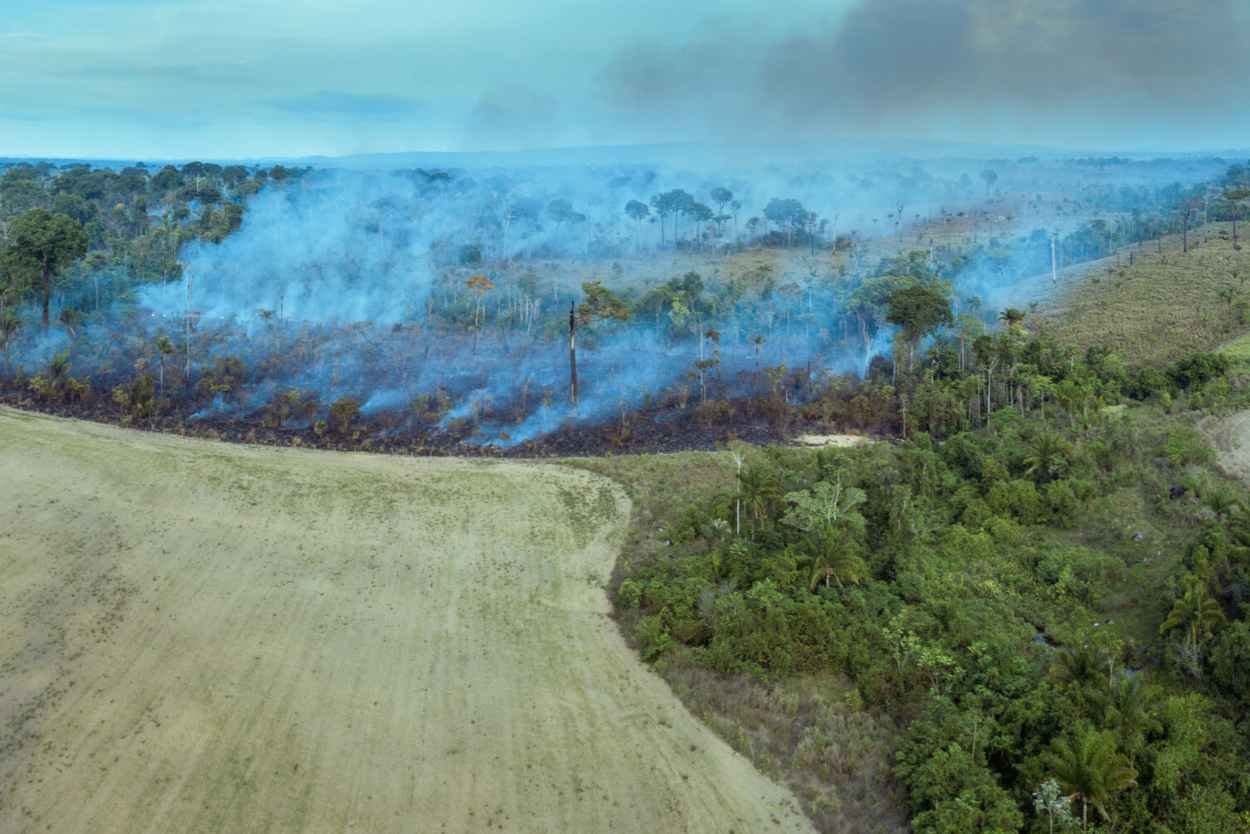
Exploitation of Animals
Animals in factory farms endure relentless suffering as they are confined to overcrowded, barren environments that deprive them of their natural behaviours and instincts. These sentient beings are often subjected to painful procedures without pain relief, living in constant stress. This systematic exploitation reflects a broken food system that prioritizes efficiency over compassion.
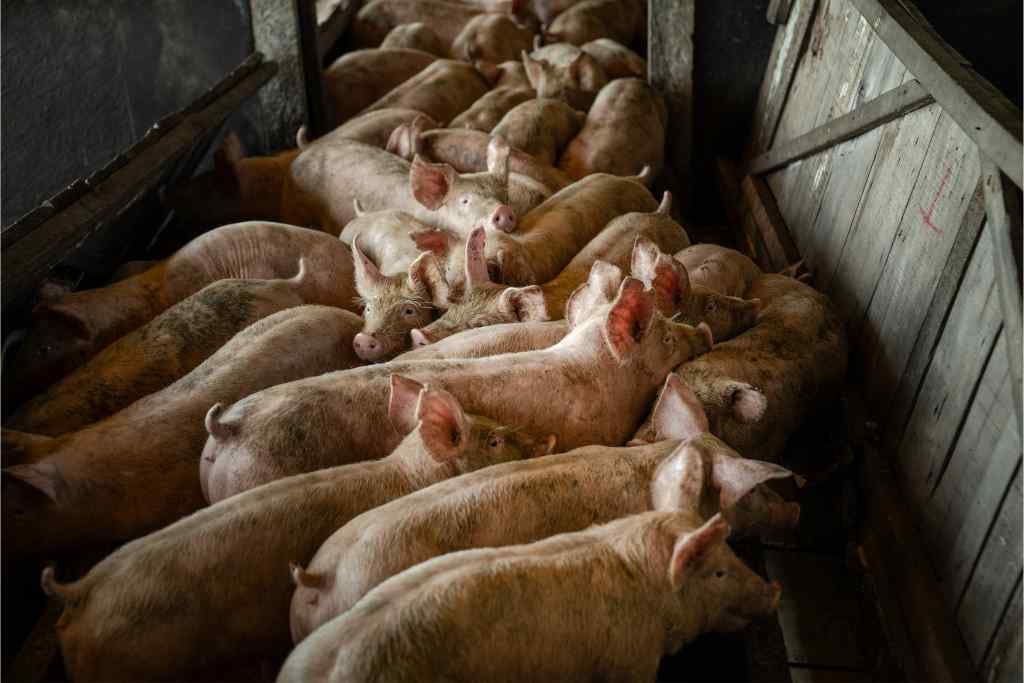
A Public Health Emergency
The overuse of antibiotics in factory farming is fuelling the rise of antimicrobial resistance (AMR), making infections harder to treat and putting millions of lives at risk. Industrial animal farming also increases the risk of zoonotic diseases (such as avian flu and swine flu) that can lead to global pandemics.

Food Security and Inefficiency
Despite claims that industrial livestock farming helps feed the world, it actually contributes to food insecurity. Vast amounts of crops that could feed people are instead used to fatten animals for meat production. Industrial fishing depletes wild fish populations, threatening the livelihoods of small-scale fishers and coastal communities.
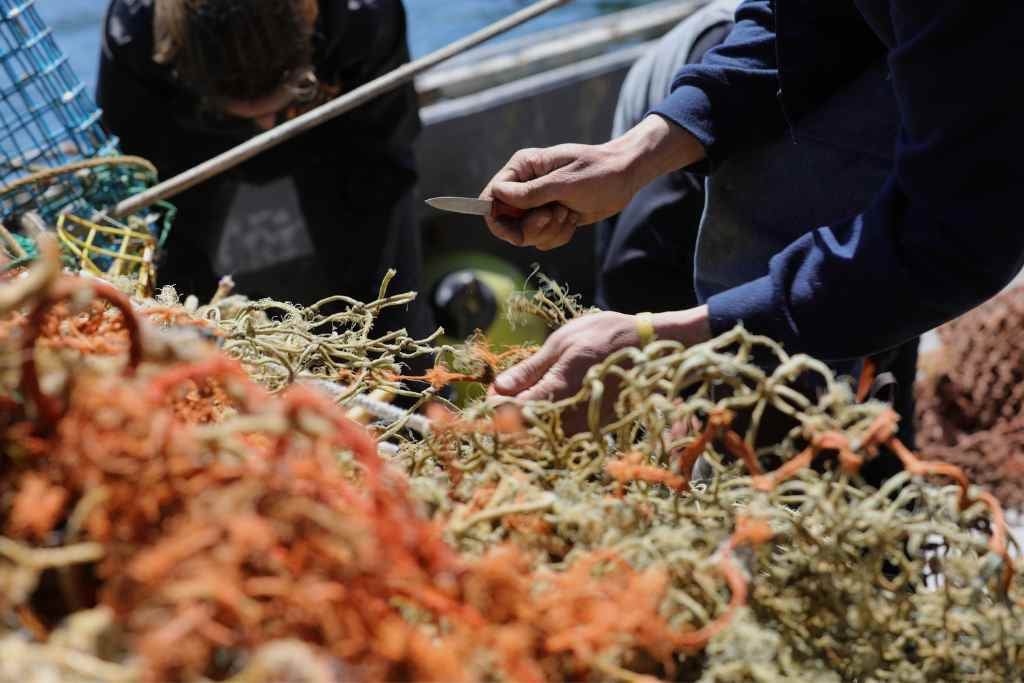
What's the solution? How do we achieve humane and sustainable food systems?
A just transition means moving away from harmful industrial farming and towards a system that prioritizes people, animals, and the planet. Here’s how:
Shifting to Agroecology
Agroecology promotes farming methods that work with nature, not against it. This means supporting small-scale farmers, diversifying crops, and adopting plant-rich diets that reduce reliance on factory farming.
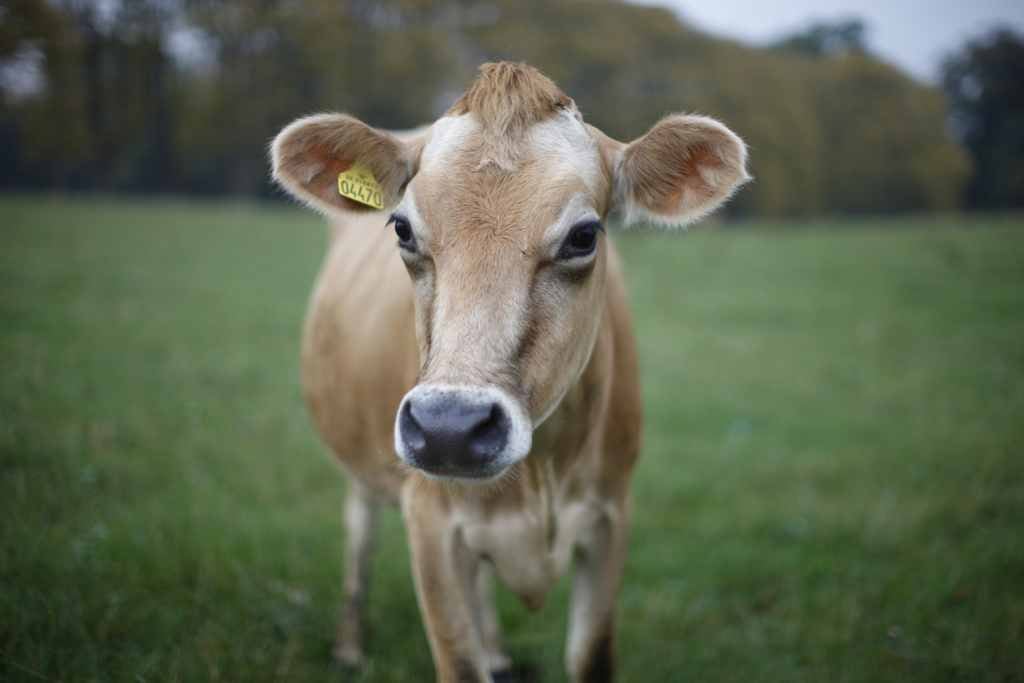
Supporting Farmers and Workers
Transitioning to a sustainable food system must include economic support for farmers, fishers, and food workers. Governments and businesses should invest in ethical, plant-based, and high-welfare farming systems that provide dignified livelihoods.
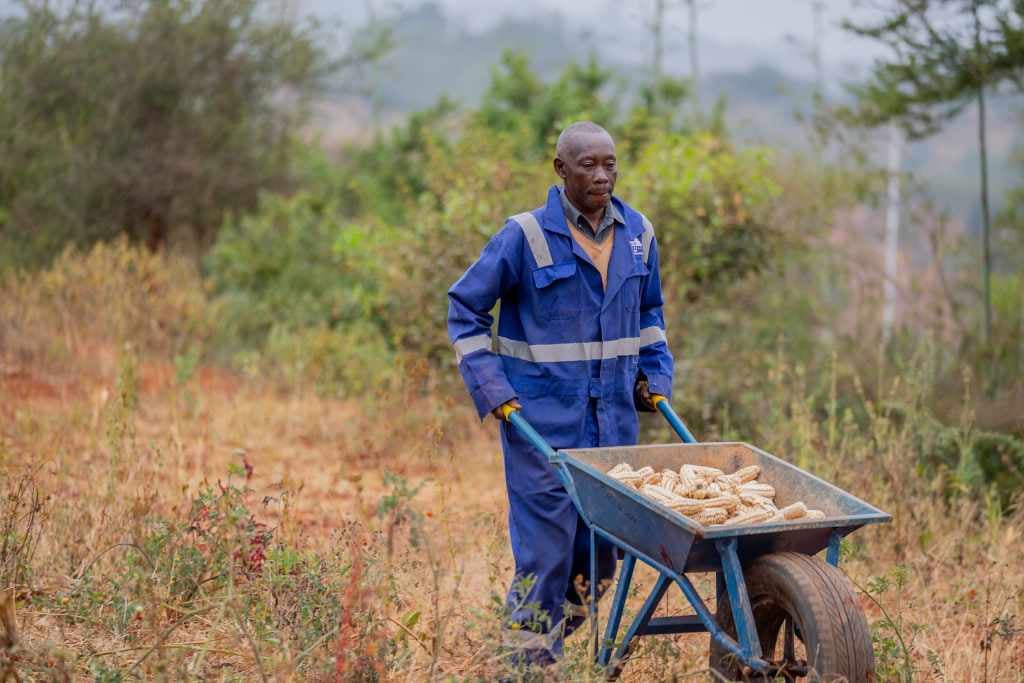
Holding Corporations Accountable
Large agribusinesses have monopolized food production, leading to environmental destruction and worker exploitation. Stronger policies and corporate accountability measures must be enforced to prioritize sustainability and fairness.
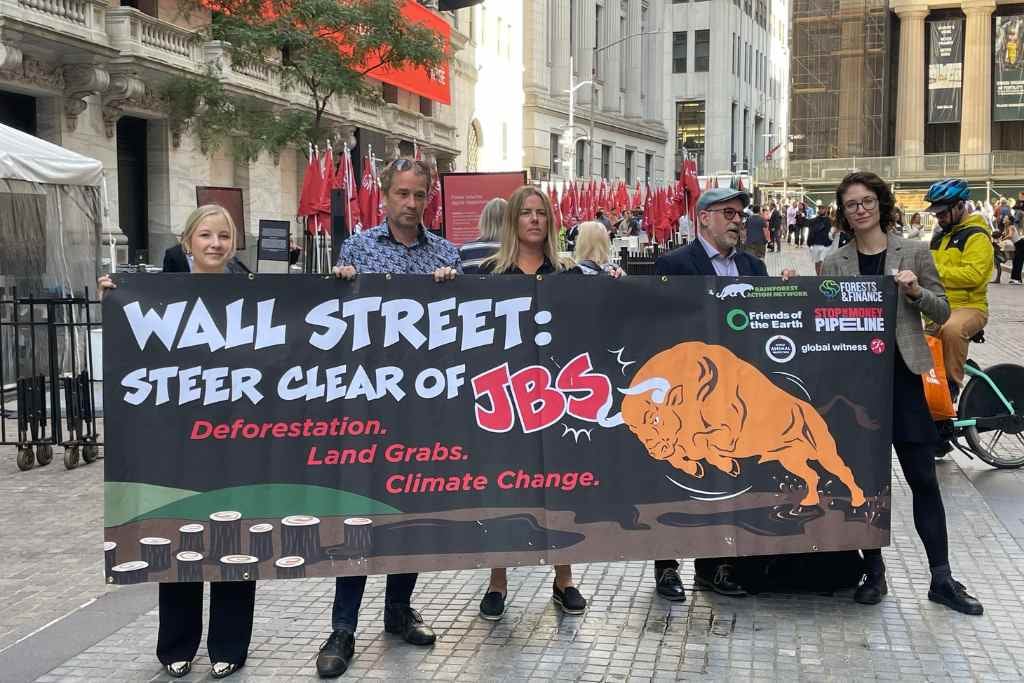
Take Action: Be Part of the Solution
It's time to take a stand for a better food system. Advocate for policies that prioritize animal welfare, and promote sustainability. Say no to factory farming, reject food systems built on cruelty and environmental destruction. Your voice matters in creating a future where food is ethical, humane, and sustainable.
